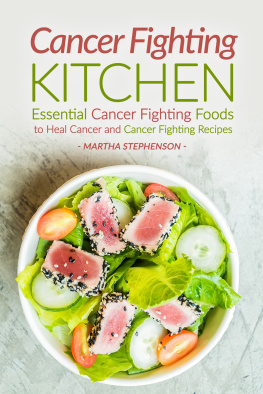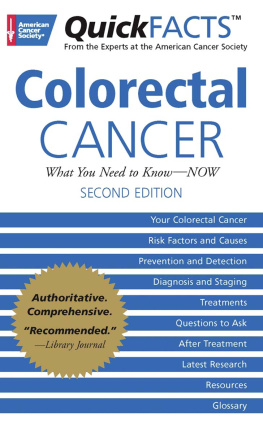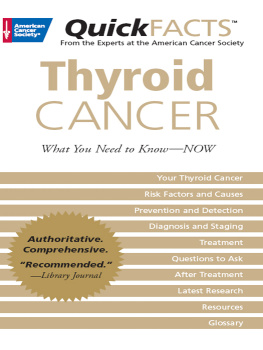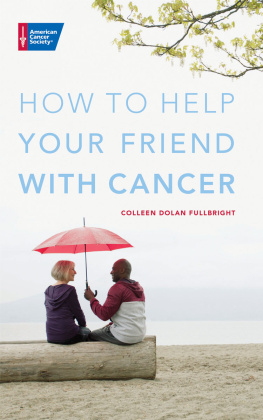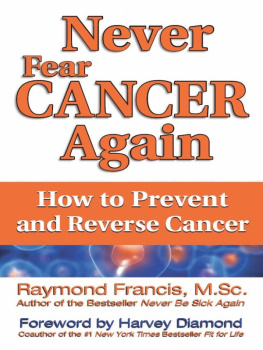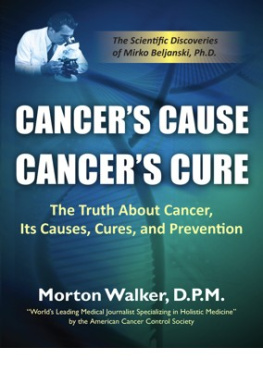Khanna - Cancer Without Fear: Natural Cures for Cancer to Augment Modern Cancer Treatment
Here you can read online Khanna - Cancer Without Fear: Natural Cures for Cancer to Augment Modern Cancer Treatment full text of the book (entire story) in english for free. Download pdf and epub, get meaning, cover and reviews about this ebook. year: 2019, genre: Romance novel. Description of the work, (preface) as well as reviews are available. Best literature library LitArk.com created for fans of good reading and offers a wide selection of genres:
Romance novel
Science fiction
Adventure
Detective
Science
History
Home and family
Prose
Art
Politics
Computer
Non-fiction
Religion
Business
Children
Humor
Choose a favorite category and find really read worthwhile books. Enjoy immersion in the world of imagination, feel the emotions of the characters or learn something new for yourself, make an fascinating discovery.

- Book:Cancer Without Fear: Natural Cures for Cancer to Augment Modern Cancer Treatment
- Author:
- Genre:
- Year:2019
- Rating:4 / 5
- Favourites:Add to favourites
- Your mark:
- 80
- 1
- 2
- 3
- 4
- 5
Cancer Without Fear: Natural Cures for Cancer to Augment Modern Cancer Treatment: summary, description and annotation
We offer to read an annotation, description, summary or preface (depends on what the author of the book "Cancer Without Fear: Natural Cures for Cancer to Augment Modern Cancer Treatment" wrote himself). If you haven't found the necessary information about the book — write in the comments, we will try to find it.
Khanna: author's other books
Who wrote Cancer Without Fear: Natural Cures for Cancer to Augment Modern Cancer Treatment? Find out the surname, the name of the author of the book and a list of all author's works by series.
Cancer Without Fear: Natural Cures for Cancer to Augment Modern Cancer Treatment — read online for free the complete book (whole text) full work
Below is the text of the book, divided by pages. System saving the place of the last page read, allows you to conveniently read the book "Cancer Without Fear: Natural Cures for Cancer to Augment Modern Cancer Treatment" online for free, without having to search again every time where you left off. Put a bookmark, and you can go to the page where you finished reading at any time.
Font size:
Interval:
Bookmark:


This is due to the fact that cancer is still quite less understood, and we all are scared of discussing something that is so widespread, cruel and unpredictable.
However, this need not be the case, and the more we understand cancer deeply, the more we will be able to devise strategies to avoid, and if needed, treat cancer.
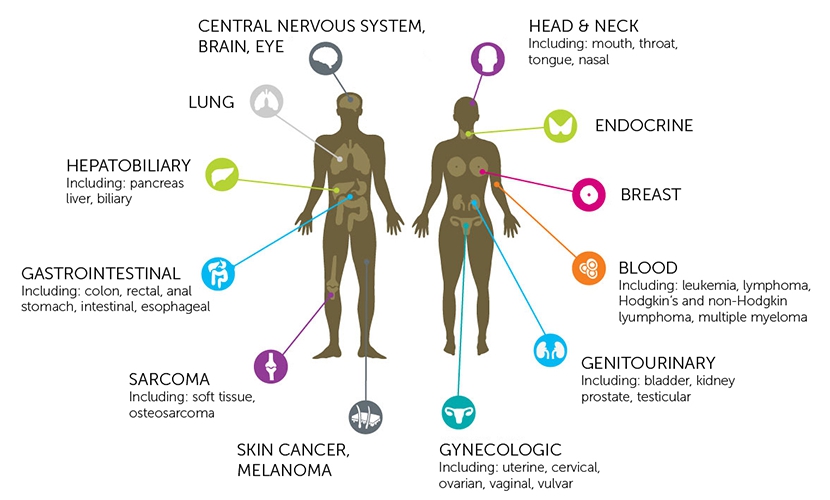
Interestingly, at any given point of time, millions of cancer cells are present even in a healthy body. These cells are always fighting the defensive mechanism of the body and losing the battle. If cancer were so bad, why would a healthy body have so many cancer cells all the time, and spend energy fighting them? While there is no conclusive evidence, it seems that this is body's mechanism to keep itself battle ready for a possible real invasion when it happens.
This is good news as this indicates that our body inherently knows about cancer and has adapted accordingly by keeping itself prepared for any attack.
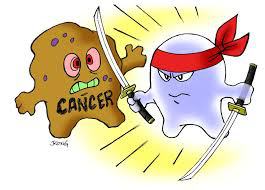
Hence, let us look at a cell's journey from a normal to a full blown (metastasized) cancerous cell.
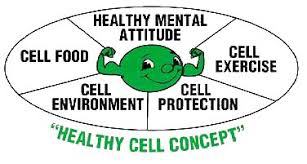
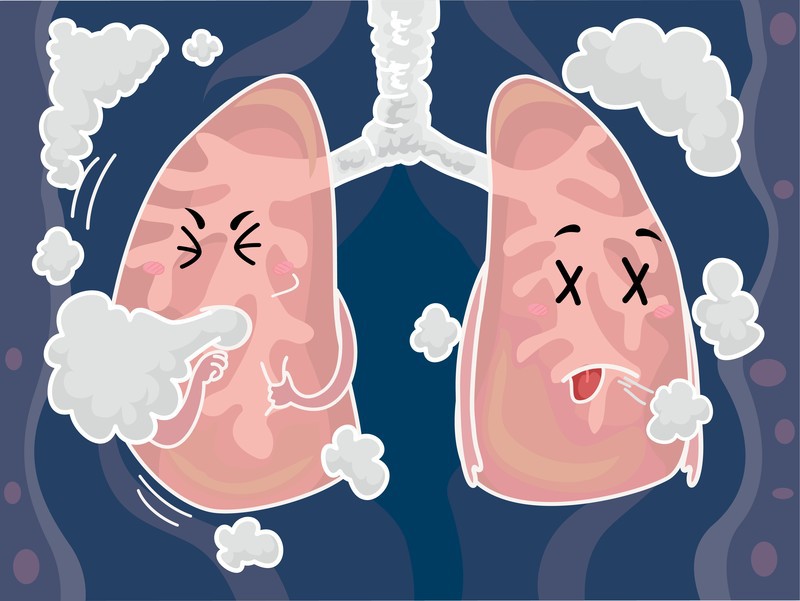
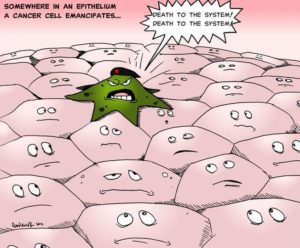

Font size:
Interval:
Bookmark:
Similar books «Cancer Without Fear: Natural Cures for Cancer to Augment Modern Cancer Treatment»
Look at similar books to Cancer Without Fear: Natural Cures for Cancer to Augment Modern Cancer Treatment. We have selected literature similar in name and meaning in the hope of providing readers with more options to find new, interesting, not yet read works.
Discussion, reviews of the book Cancer Without Fear: Natural Cures for Cancer to Augment Modern Cancer Treatment and just readers' own opinions. Leave your comments, write what you think about the work, its meaning or the main characters. Specify what exactly you liked and what you didn't like, and why you think so.






